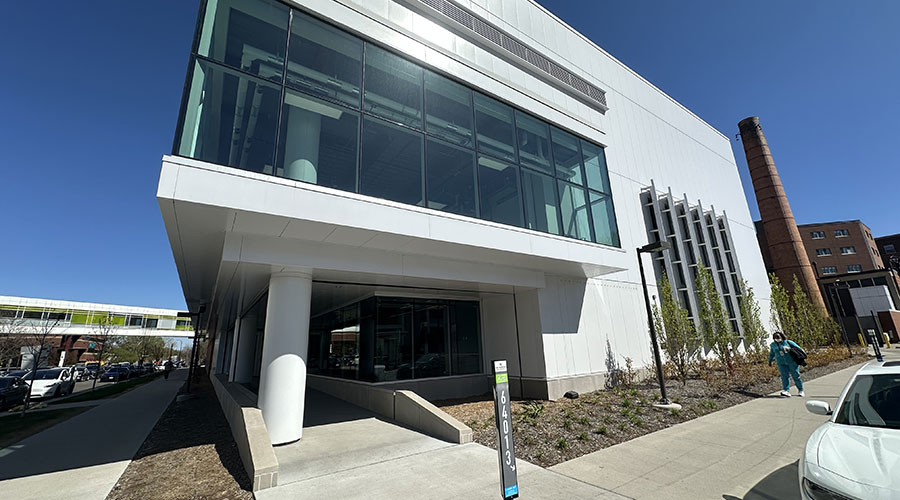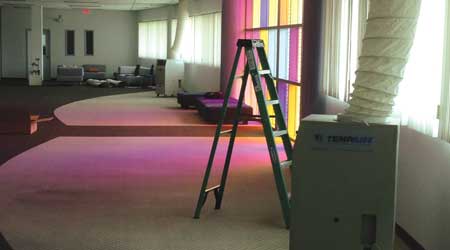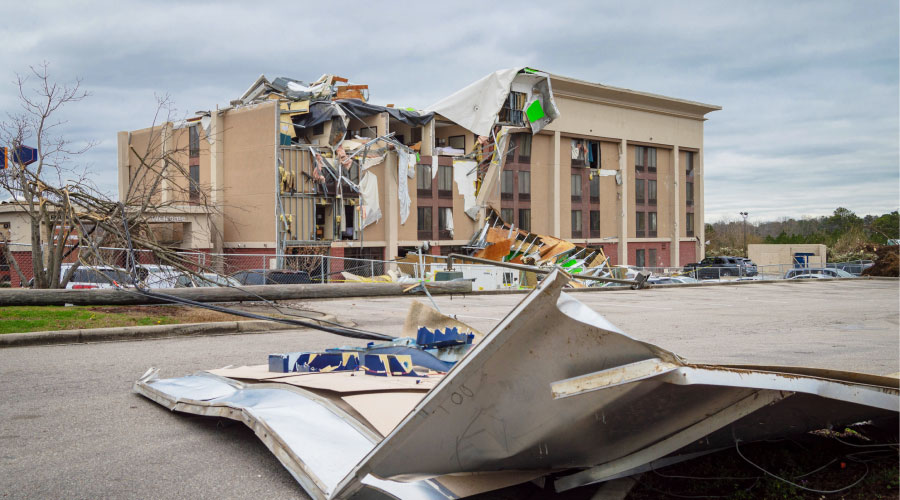Facilities Often Purchase and Rent Temporary Cooling Units
Part 4 of a 5-part article on portable cooling
Managers have the option of purchasing or renting temporary cooling units. In most cases, they will do both. It makes sense to have a number of the smaller, portable cooling units on site that technicians can move and install rapidly where needed. Managers can justify this tactic based on the units’ relatively low cost and the savings they produce in limiting the impact of disruptions. They also can deploy the units to supply supplemental cooling in areas where temporary loads might be more than the installed cooling system can handle.
Managers generally choose to rent larger units because it is difficult to justify purchasing them based on their cost and limited use. Managers choosing to rent need to set up the contract well ahead of time to ensure the equipment is available when needed. The contract must identify the equipment capacity required, the way the equipment is to be configured, the response time for the supplier, and the person responsible for setup and removal. By developing the requirements with equipment suppliers ahead of time, managers can minimize the disruption to their operations.
Managers who carefully develop and implement an emergency cooling plan that identifies critical systems in their facilities and the steps to take to continue operations in the event of a system failure will find that when a failure occurs, their response is more likely to be measured, organized and successful.
James Piper, P.E., is a national consultant based in Bowie, Md. He has more than 30 years of experience with facilities maintenance, engineering and management issues.
Related Topics:
















